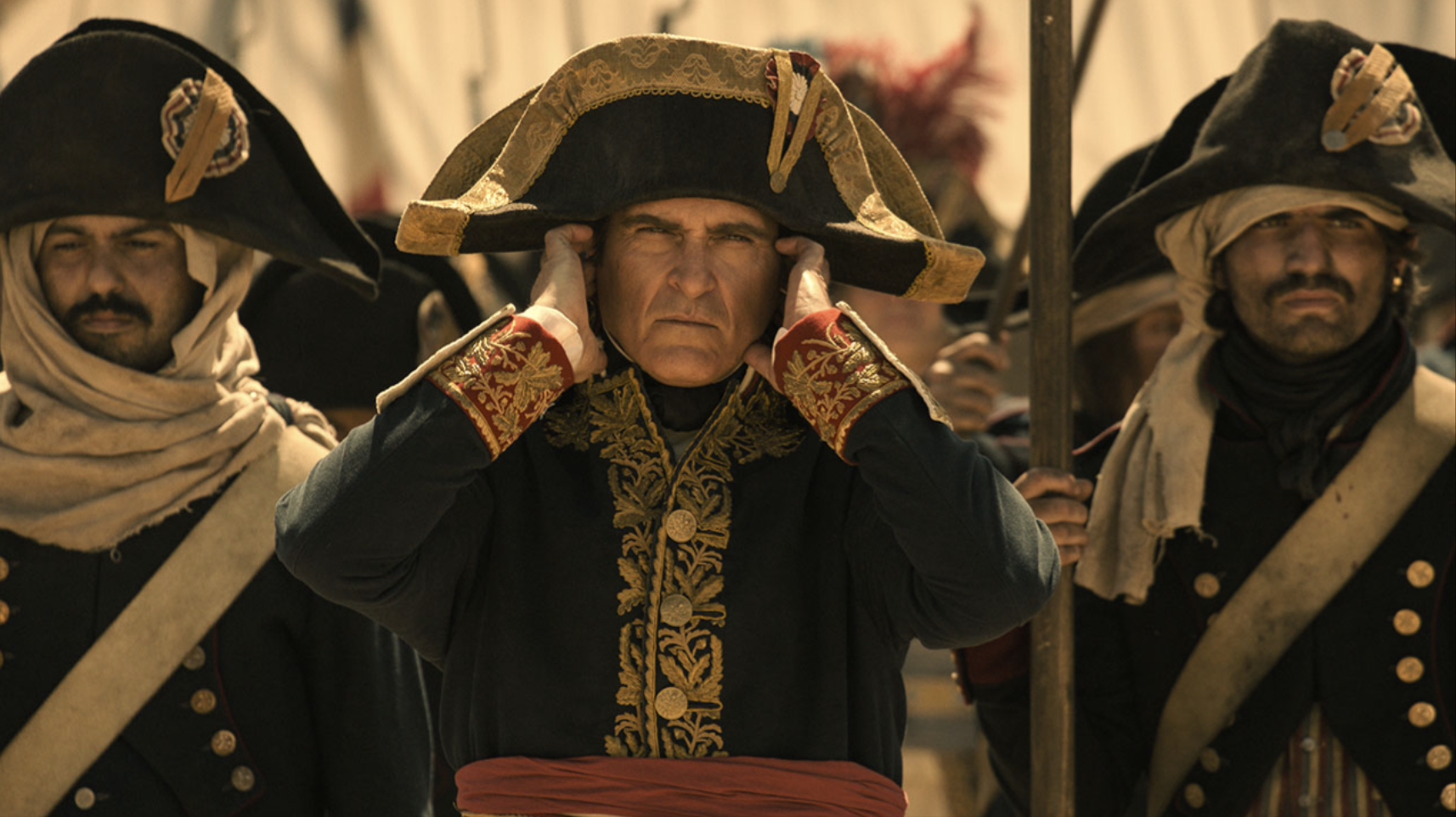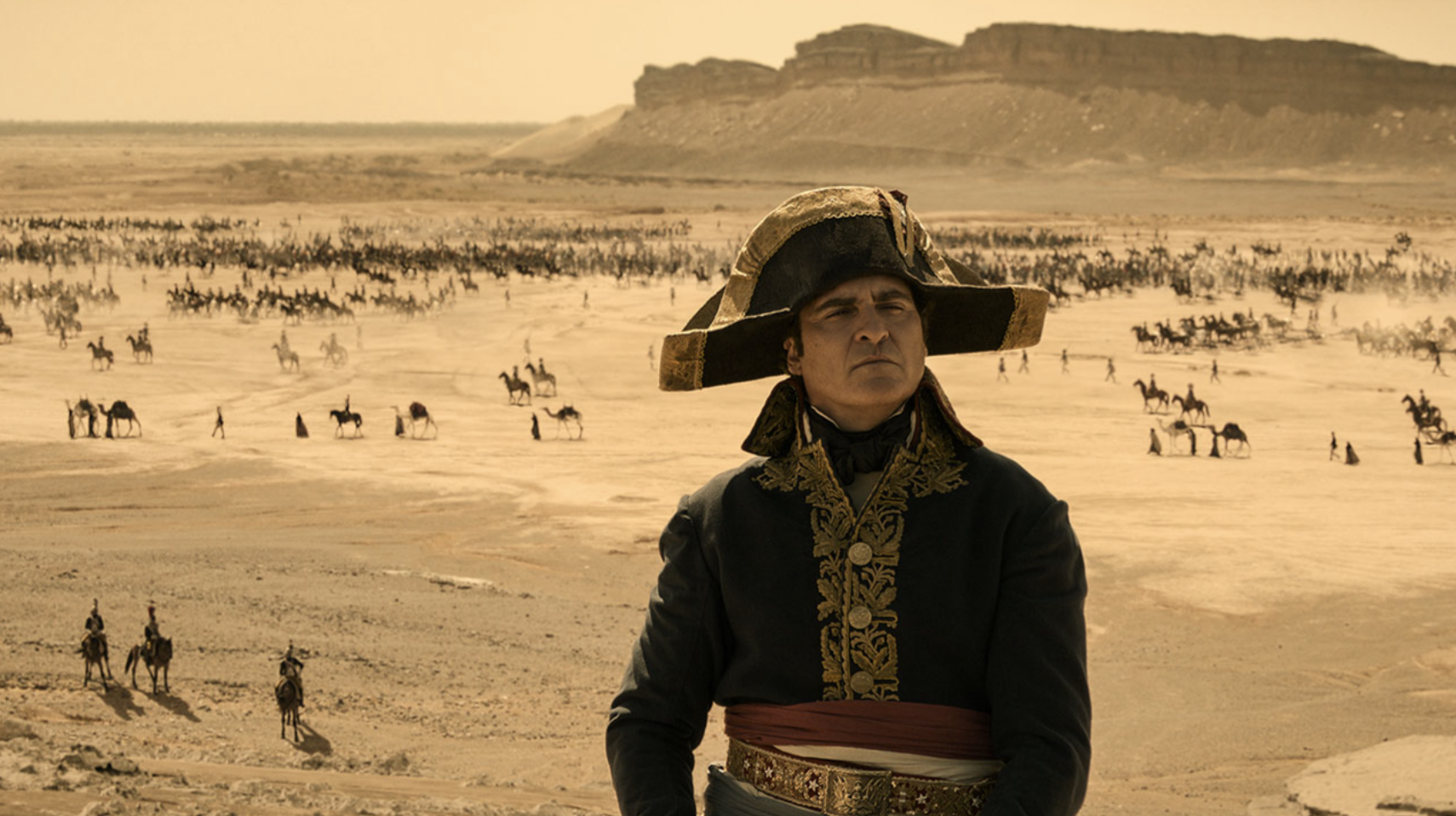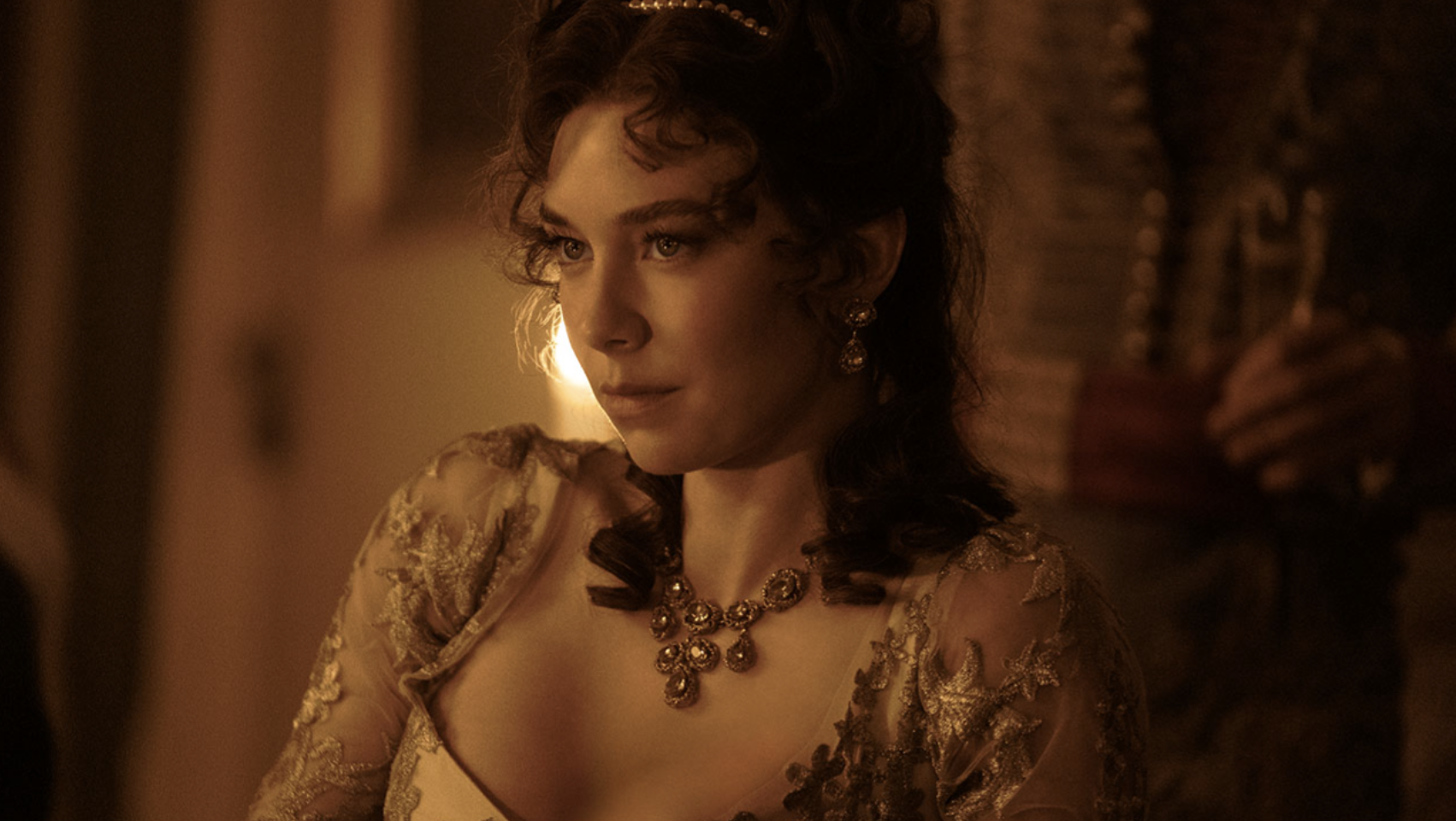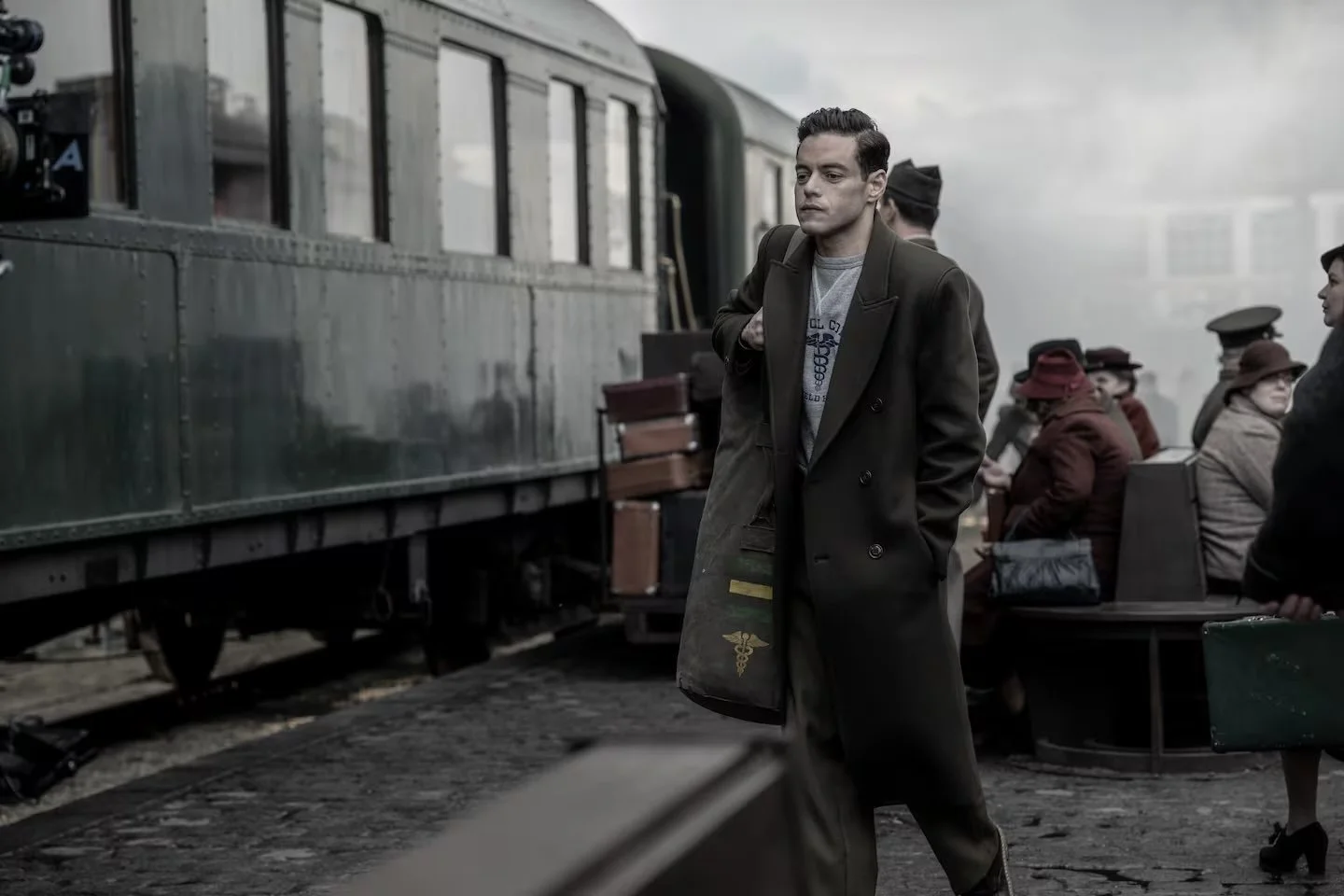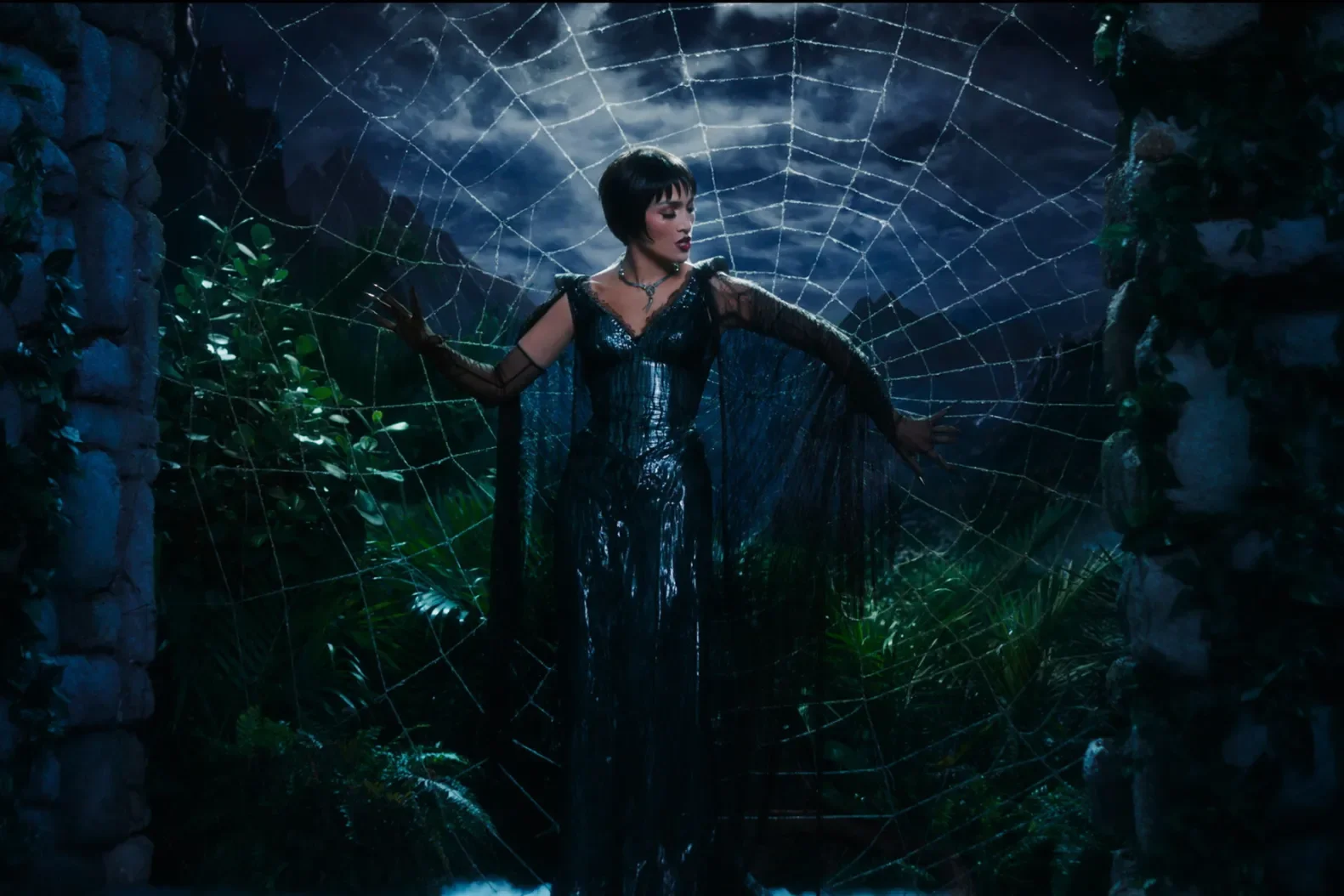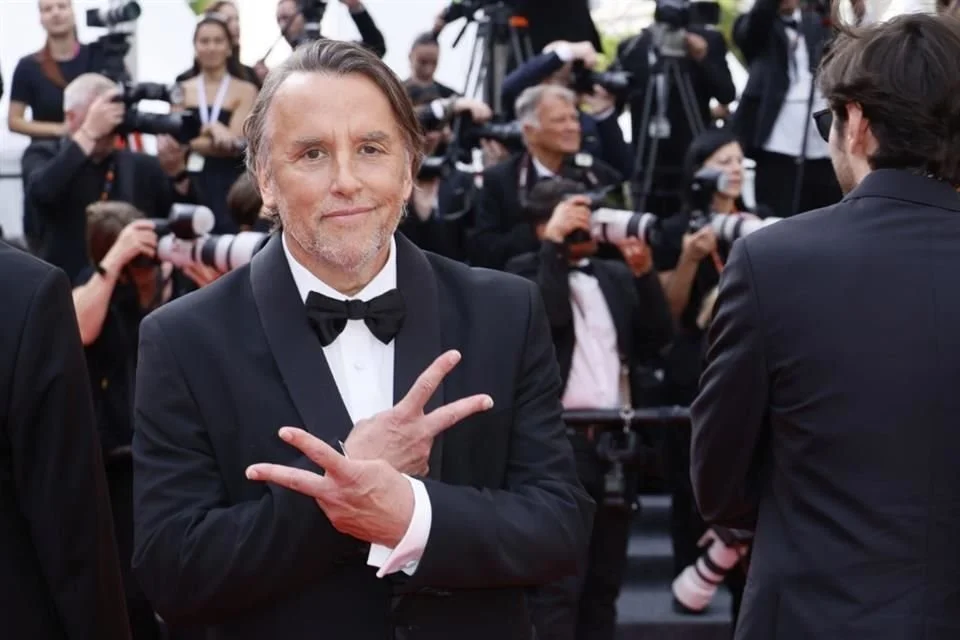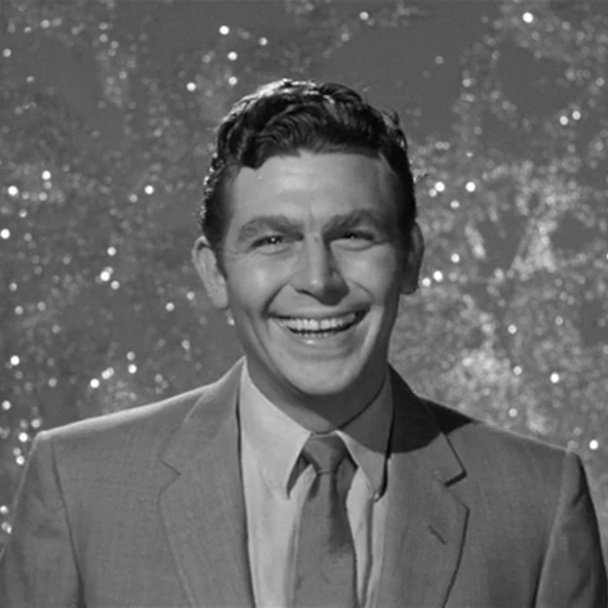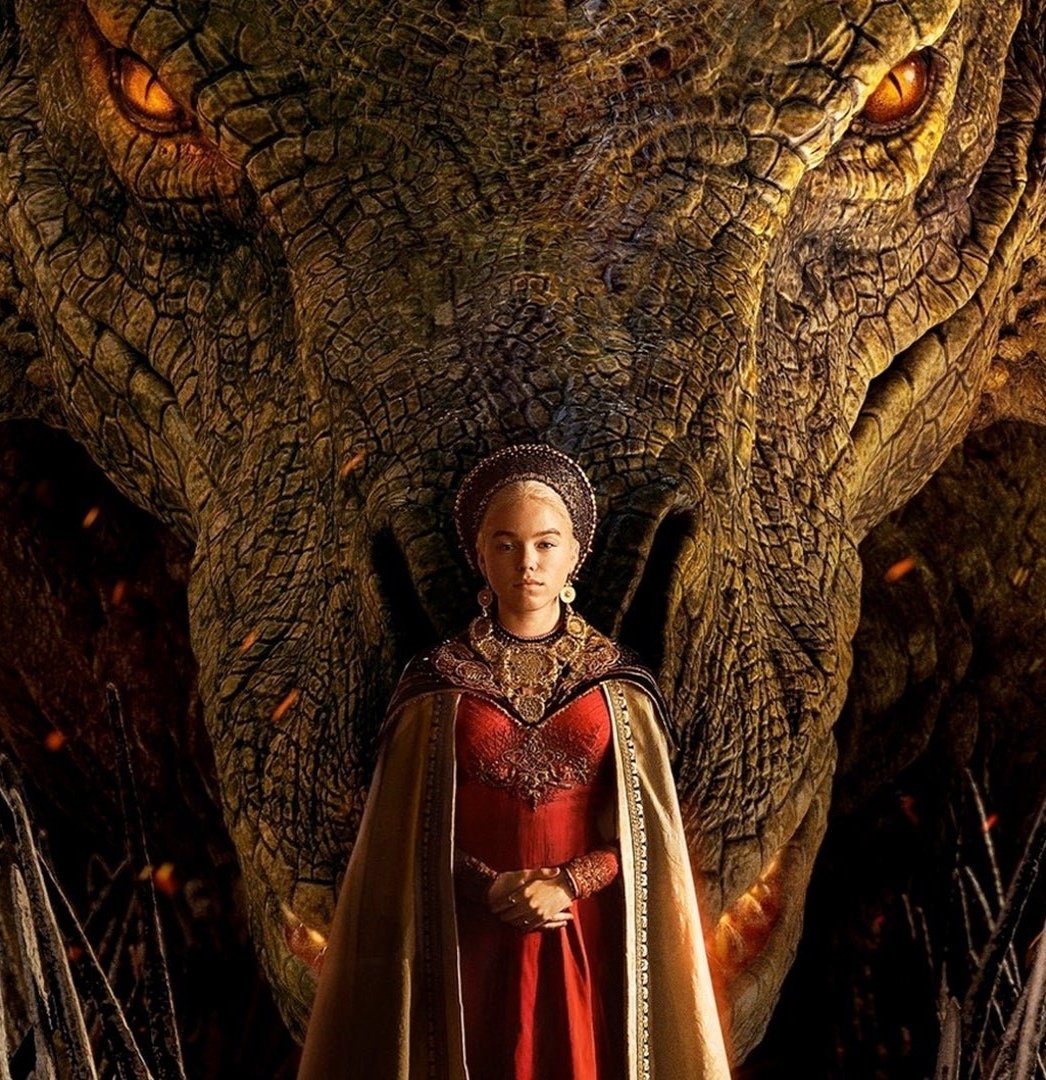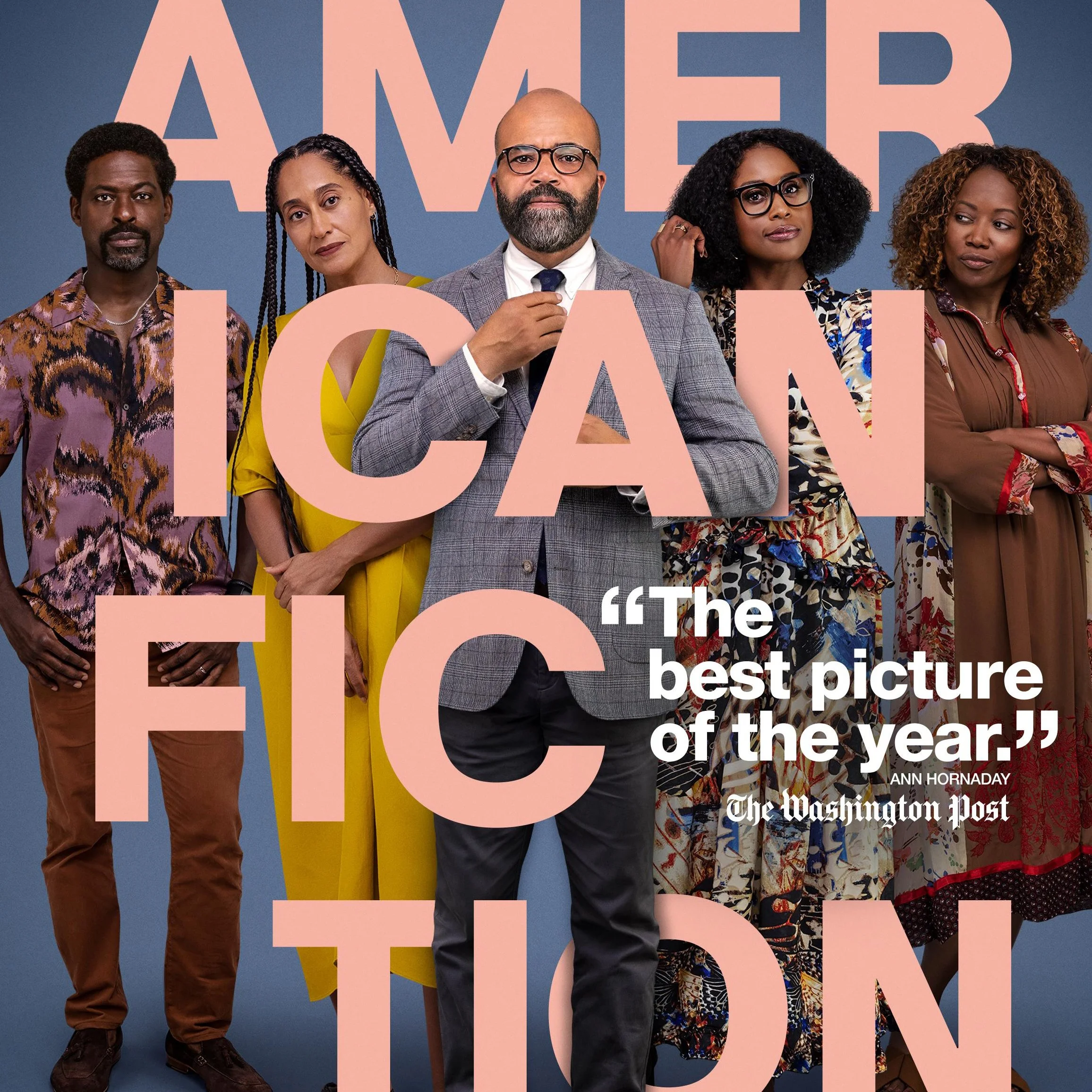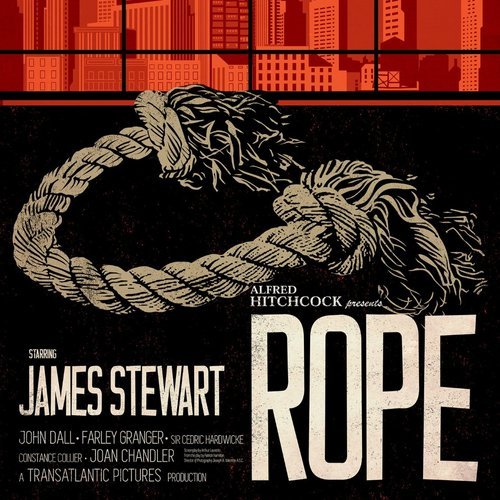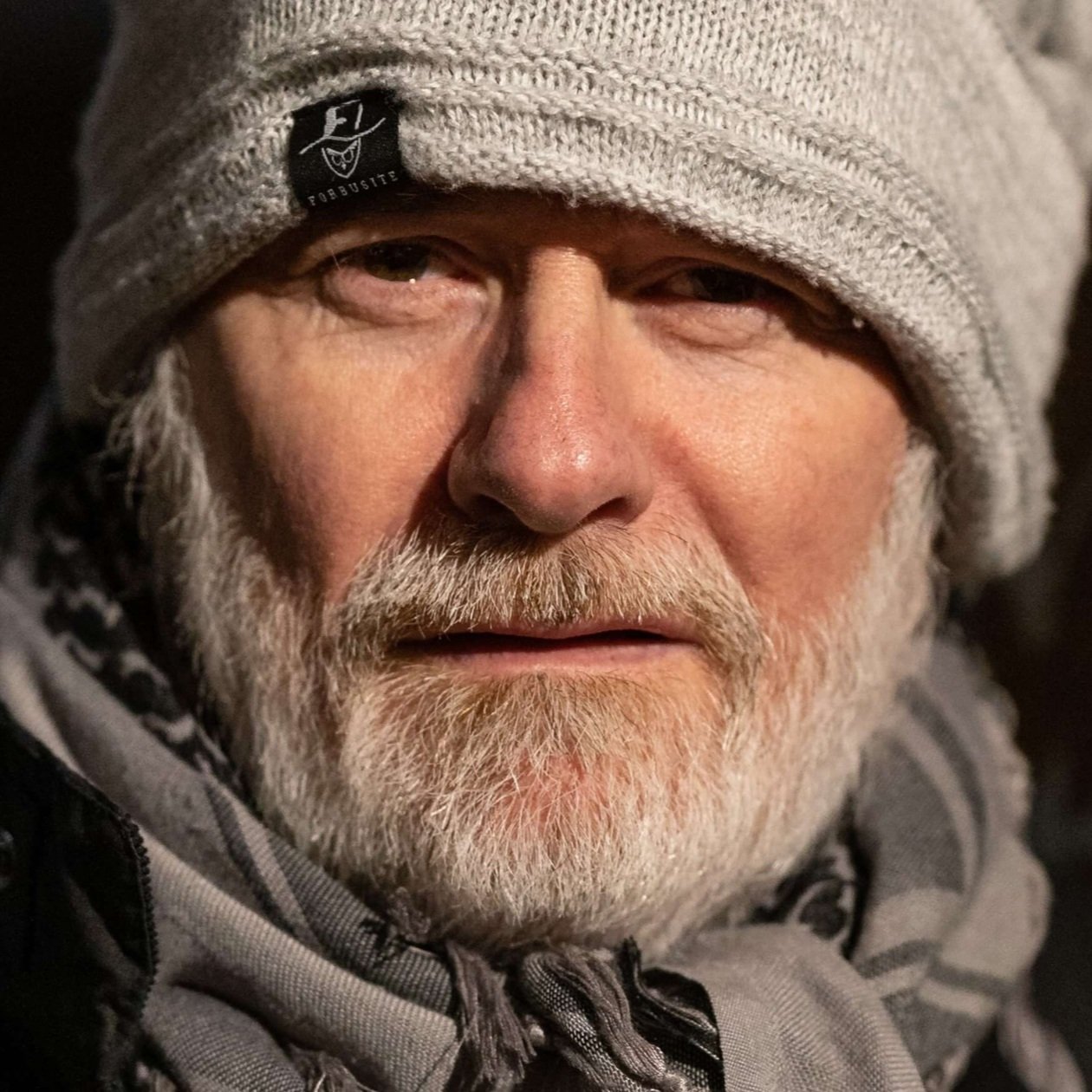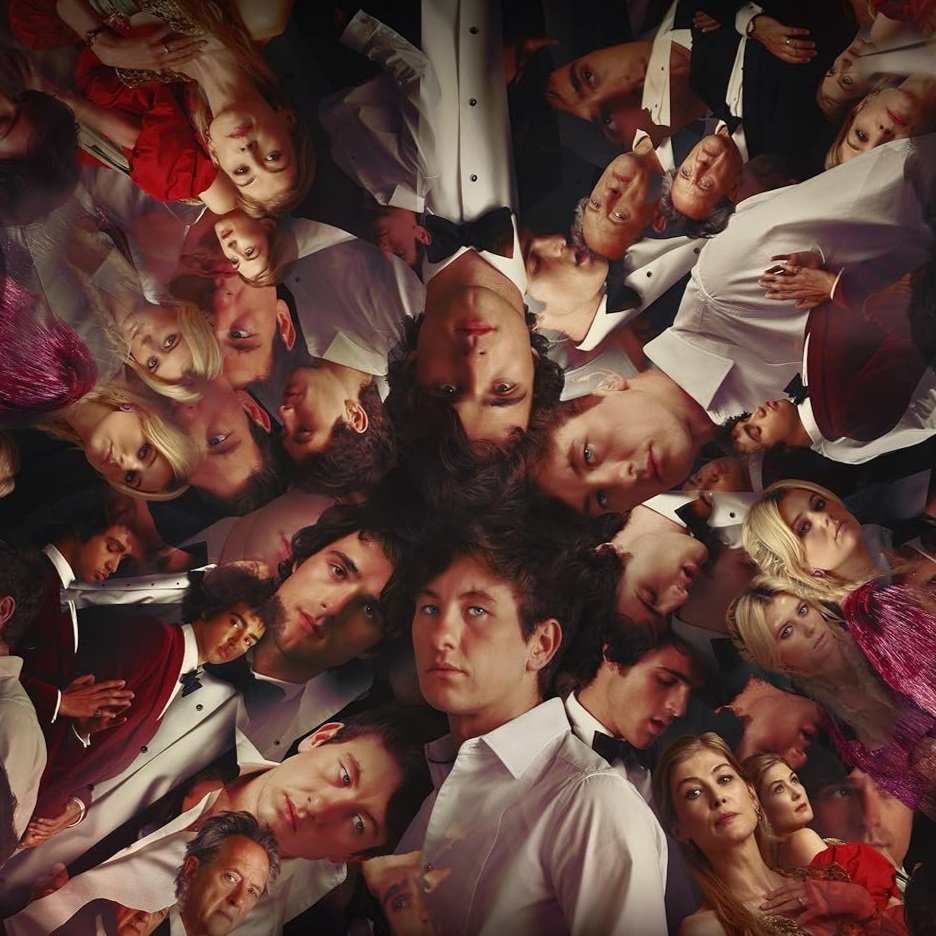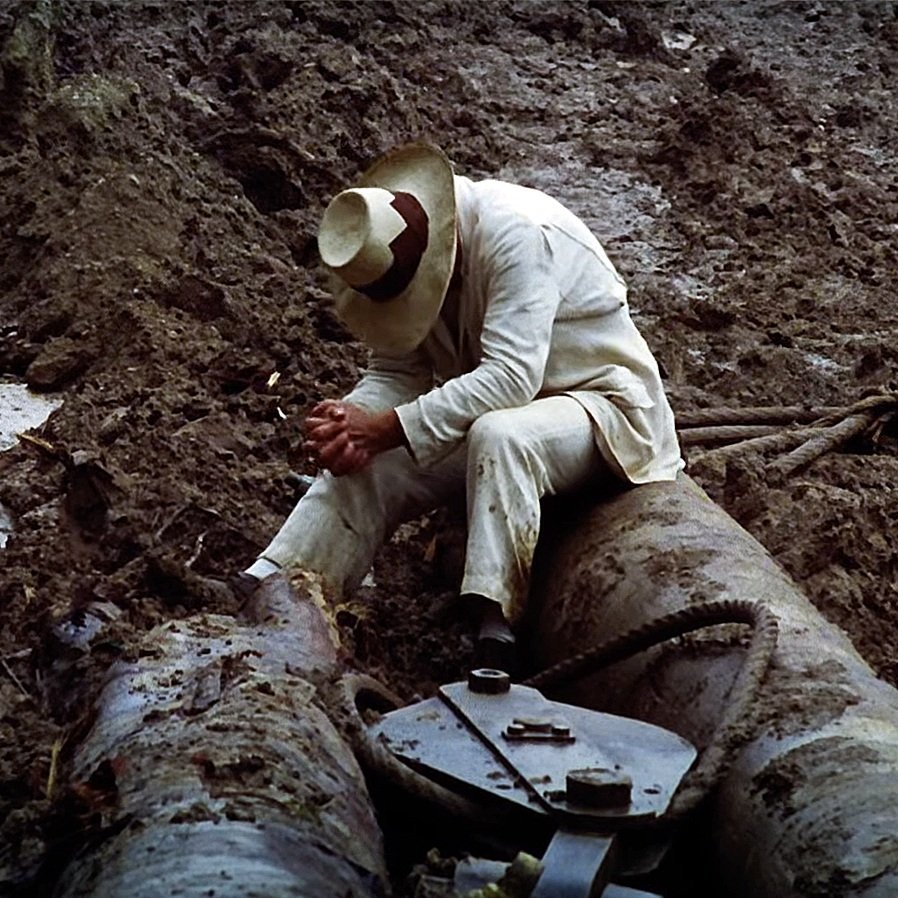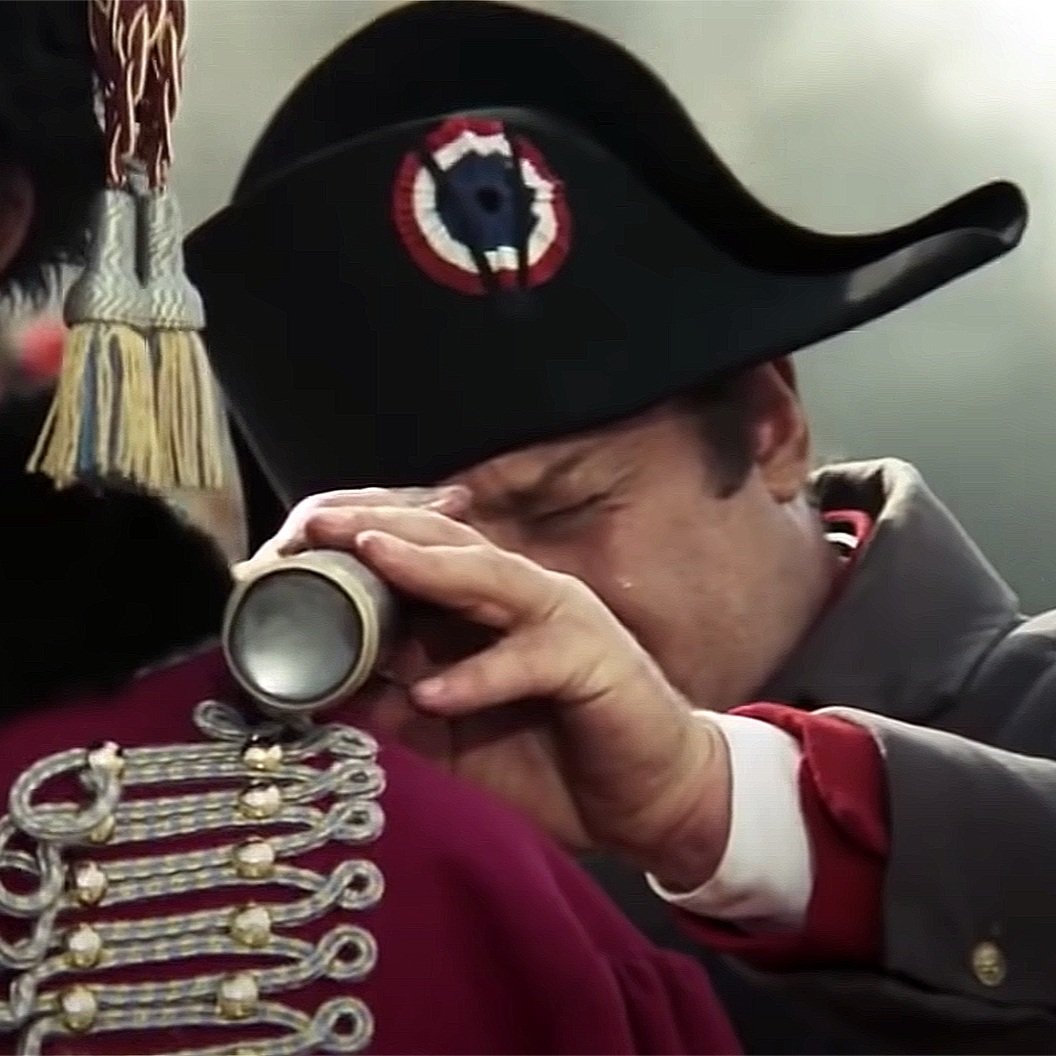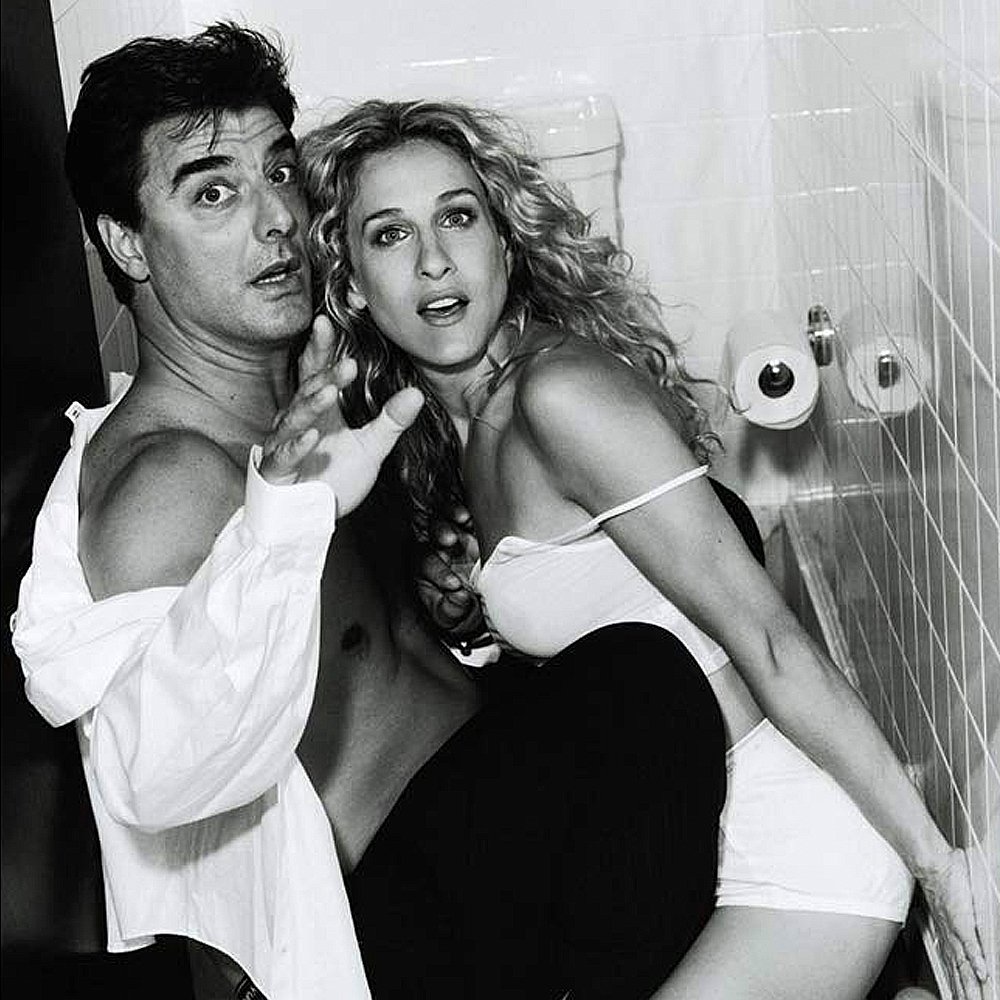Napoleon: It Is The Cause, Not The Death, That Makes The Martyr
Epic movies made before the advent of digital technology are the best of movies. Casts of thousands streaming off into the distance of a lingering panoramic shot. Stories as big as their budgets. Tales of religion, of war, of love, all shot in incredible technicolor. Stories which showed us at our best, our worst, and often our most heroic. Epic movies are what the movies are made for. They are the purest of cinema. Truly transportational, they take us back in time to exotic places with strangely flawed characters, all arranged perfectly in a timeless widescreen bleeding from the edges.
The joy of seeing Omar Sharif walk out of the desert’s haze for the first time in Lawrence of Arabia. Elizabeth Taylor’s incredible entrance in Cleopatra. Charlton Heston parting The Red Sea as Moses in The Ten Commandments. Thousands of extras battling it out during Zulu. But somewhere along the way the budgets dried up, the stories got smaller, and eventually, the computers took over. Crowds were now digitally generated, but held nowhere near the authenticity of the real thing. A synthetic pixelation of lost craft tried to have us believe a two-hour music video version of The Battle of Troy or depiction of the greatest conquests of Alexander The Great could be created with the same technology used to film The Lord Of The Rings or 300’s hypermuscular Battle of Thermopylae. Old and new collapsed into each other with the promise of innovation but the outcome of fatigue. Battles still aspired to be big, but along the way the stories shrank as the pixels moved in and the money moved out. We decided to agree upon the lie, and watch anyway.
I’ve always found Ridley Scott to be one of the world’s most baffling directors. Capable of creating the genre-defining worlds of Blade Runner and Alien, while also producing the glorified telenovelas of House of Gucci and A Good Year. For every Prometheus there is also a Robin Hood. For every Gladiator there’s a Kingdom of Heaven. And with Napoleon, while being a wonderful cinematic achievement able to indulge all the epic swagger we’ve seen before from Scott, it’s like listening to a cinematic echo growing ever fainter in the darkness as it tries desperately to recall its influences lost to an era of digital production. In the theater’s darkness we’re no more than Gatsby looking out onto the lake as the dim glow of a distant light slowly, but deliberately, goes out.
I’ve written at length about Scott’s two main influences for Napoleon. The unmade Kubrick biography which got as far as casting but was ultimately transformed into what became Barry Lyndon. And Sergei Bondarchuk’s two Napoleonic epics. The four-part War and Peace, and the even more epic Waterloo. Scott borrows liberally from both, especially for the sequences during the sack and retreat from Moscow, and for Waterloo itself, which even recycles some of the same dialogue. In many ways Scott’s Napoleon held the promise of realizing Kubrick’s vision as Spielberg had previously done with AI: Artificial Intelligence. For what Scott brings to the table in the strategic genius of Napoleon’s victory at Austerlitz, and his exploits during the Egyptian campaign, there’s still a fair amount of cinematic massaging of the past happening along the way. Napoleon was far from swinging a sword on the front line at Waterloo, and the film has also come in for some criticism of its scene of the French artillery shelling The Great Pyramid of Giza. In this sense it is true to its lineage of epic cinema in its massaging of history to fit a particular narrative. Documentarians and historians dispute the facts as presented. But it is, after all, a movie.
Napoleon is faithful to a chronology which spans the Corsican general’s participation in the events of the late French Revolution, through to his second exile and death on the island of Saint Helena. The rise to power is swift and bloody. The fall just as quick in defeat. And while the set pieces of the battle scenes serve to illustrate Napoleon’s innovations on the field, they can often resemble the local historical reenactments of small societies who cosplay their way through the weekend. If epic cinema aspires to big, Scott’s Napoleon often just feels too small. Tens of thousands lost their lives in these engagements, but you wouldn’t know it. The carnage is kept to a minimum, and we just lose the scale of what happened as we pass between the action and Napoleon’s commands.
But if Bondarchuk’s movies lean heavily on the military aspects of Napoleon’s life, Scott leans more on Napoleon’s relationship with women. First with his mother, then his wife Josephine, and throughout a number of mistresses, culminating in his second marriage to Marie Louise, Duchess of Parma. Josephine is presented as scheming and unfaithful, but ultimately the love of his life. They seek an heir, but are unsuccessful, causing Napoleon to produce a son by less traditional means. There’s some wonderful location shots at Versailles, but again, not as indulgent as we’ve seen before in Marie Antoinette. It’s a metaphor which repeats throughout the film. Everything is familiar enough to propel the story forward, without every allowing us to lose ourselves to it. If epic cinema pulls us in, Scott’s Napoleon always holds the audience at a distance.
This distance is most acute in the casting of Joaquin Phoenix as Napoleon himself. Phoenix made a wonderful Johnny Cash and Arthur Fleck, but as the scourge of nineteenth century Europe, not quite so much. He’s no Rod Steiger, who had played Napoleon to wonderfully exasperated effect in the original Waterloo. And while he carries the film in his vulnerability and hope for a proud nation, Phoenix himself is lost in the scale of it all. Napoleon, while short of stature, was a giant of a figure at the time. Feared by nations and truly a continental terror. It’s hard to understand the loyalty Phoenix’s Napoleon inspired in his armies as he barks out his orders in the same vocally fried drawl we’ve seen before elsewhere. But again, there’s enough here for it to be compelling enough to move things along, but like the movie itself, the performance doesn’t match the record. The story and the history demand more of both.
Burned out on superhero epics, it’s wonderful to see historical epics starting to come back. Real stories of real heroism, even if they are greatly embellished, and Napoleon still might well be a viable candidate for movie of the year. Napoleon’s stampeding cavalry charges still stir the blood on the big screen in ways that watching Oppenheimer’s nuclear bomb tests do not. As with many Scott movies which aspire to the legacy of epic cinema, there’s enough here to scratch the itch of a history long lost to technology. As we left the theater, we speculated on other movies we’d love to see get the same treatment. Attila The Hun. Vlad The Impaler. Lenin. These movies are expensive to make and even more of a risk to release in a streaming era where theater attendance has dwindled to almost nothing outside of summer blockbusters. We saw Napoleon on a cold Monday night at our local AMC and were the only people in the theater. The size of the movie was the inverse of its audience. An apt metaphor for Napoleon itself.
Popular Reviews

